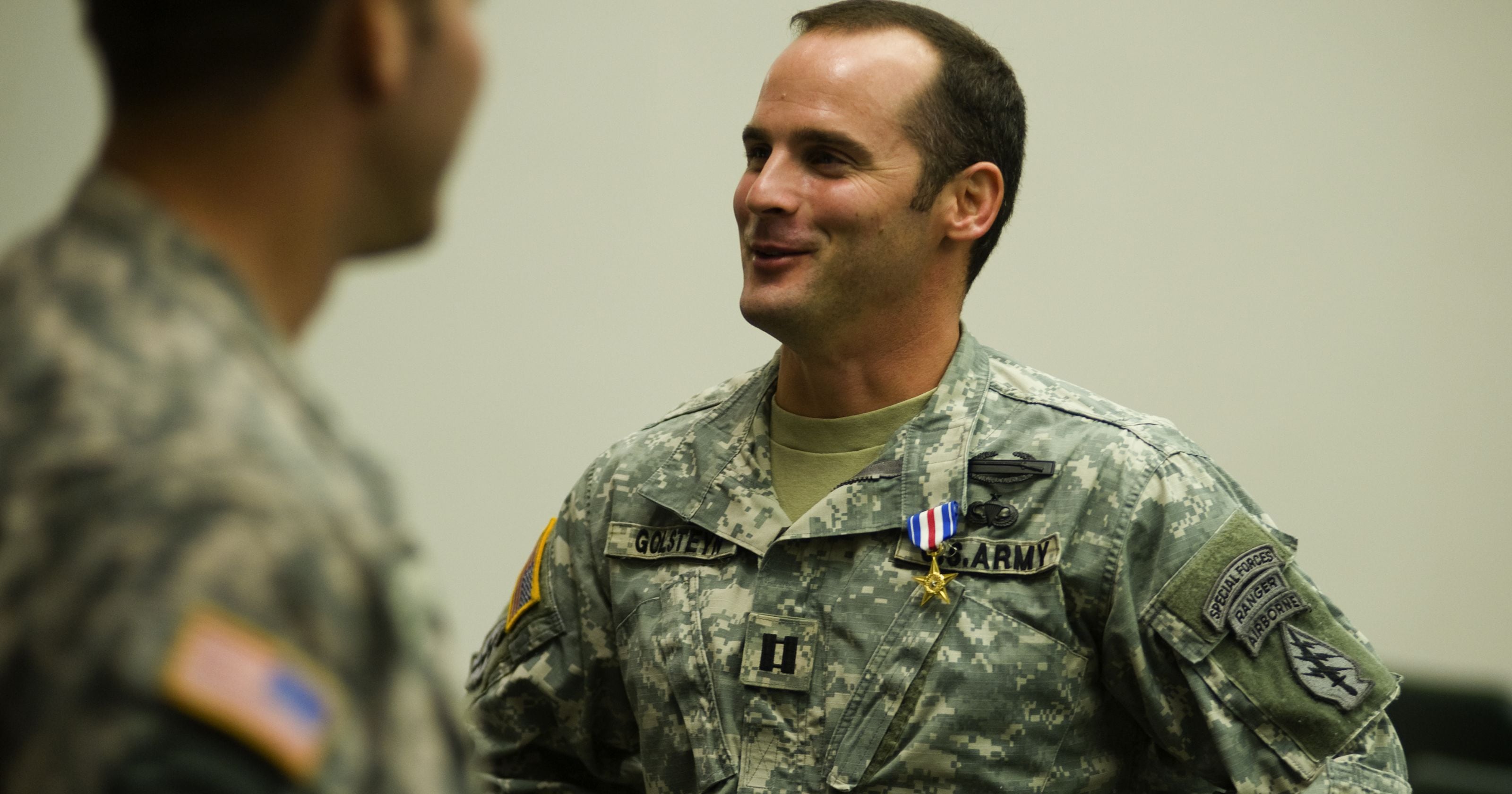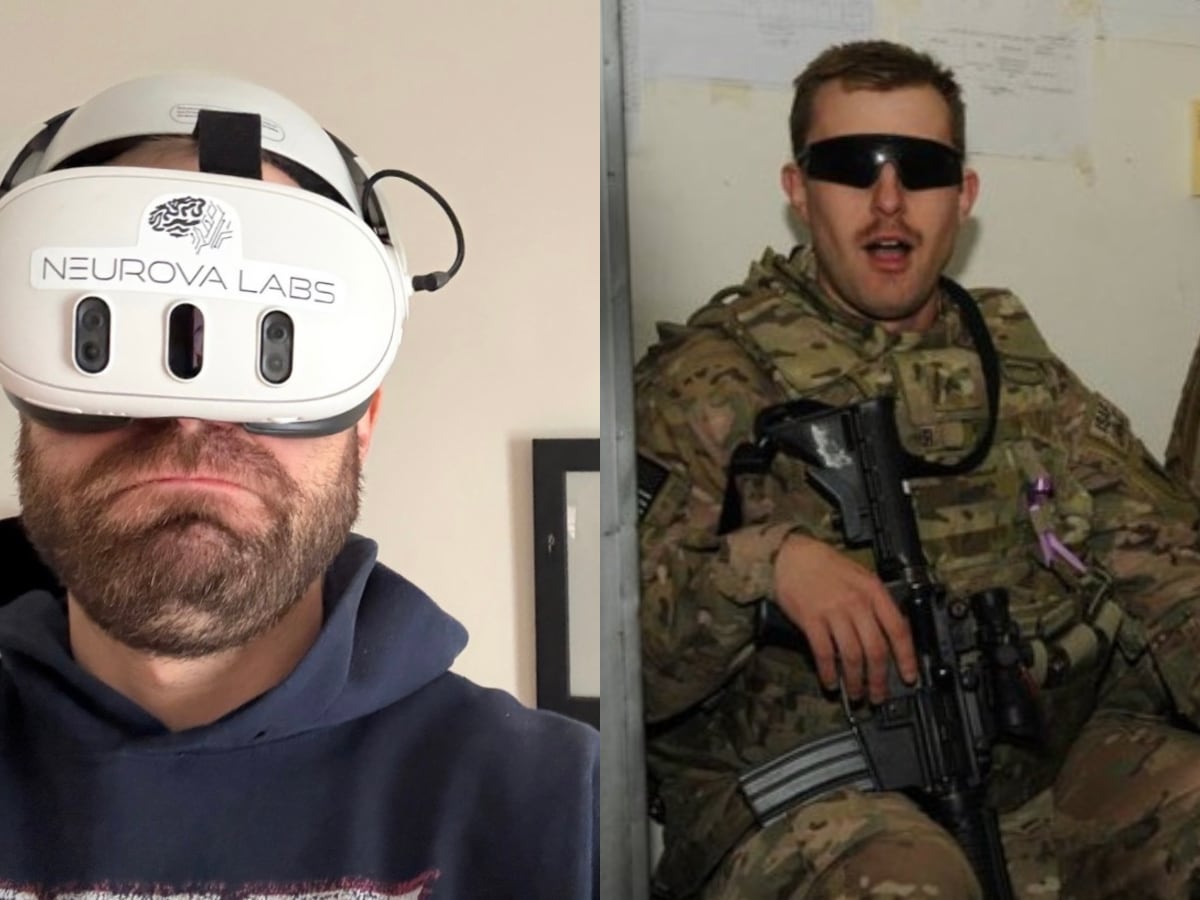[Editor's note: Rep. Duncan Hunter is a California Republican who serves on the House Armed Services Committee. He serves as a major in the Marine Corps Reserve and has deployed three times, twice to Iraq and once to Afghanistan.]
These soldiers have also counted on the steady hand of strong leadership at the top. Many times, a decision regarding one soldier is a decision that affects all. But there are times when that same leadership gets things wrong and stubbornly refuses to do the right thing —for whatever reason.
The latest example of such a mistake involves a former Special Forces soldier and war hero, Maj. Matthew Golsteyn. Soon, Matt will face a board of inquiry to decide his future in the Army. The allegation under review: In 2010, he killed an unarmed insurgent bomb maker responsible for the death of at least two Marines in the area of Marjah.

The same leadership in place to protect soldiers like Matt has already created a premature presumption of guilt without a shred of verifying evidence. Specifically, based on the allegation alone, Secretary McHugh revoked Matt's Silver Star, which was the interim award for an earlier and separate incident that led to a Distinguished Service Cross nomination. McHugh even signed off on the DSC, but he revoked that, too. And, as a thumb in the eye, McHugh directed that Matt be stripped of his Special Forces tab, which he earned, along with the Silver Star and DSC.

Then-Capt. Matthew Golsteyn at his award ceremony in January 2011. Now a major, he has been stripped of his Silver Star and Special Forces tab.
Photo Credit: James Robinson/The Fayetteville Observer
As a Green Beret, Matt, like many others in this position, dedicated himself to the life of a Special Forces soldier. He accepted the dangers that came with it. He embraced the good, as well as the bad, and he commanded a deep sense of respect among his fellow soldiers.
In every way, Matt is the type of officer that the Army wants, possessing all the qualities that are needed to secure victory against the enemy and create a seemingly ever-present shield in front of the soldiers in the fight with him. Medal of Honor recipient Will Swenson called Matt "the finest officer I have served with," further saying, "I would gladly stand with him on any battlefield against any enemy." Coming from one of the Army's own heroes and top award recipients, there is perhaps no greater compliment and testament to Matt's character.
Trouble for Matt began when he submitted to a polygraph with the Central Intelligence Agency as he was being considered for employment. There, Matt is alleged to have discussed an incident involving the death of a bomb maker, but the CIA, in reporting the incident informally to the Army, instructed that any statement or information provided could not be used to charge him criminally. Put differently, the Army would have to investigate the allegation and determine what evidence existed. This is where the Army came up short. Not a single piece of evidence was discovered. The Army even went as far as confronting Matt's men. Some were offered immunity. Nothing turned up.
So in the absence of evidence, McHugh stripped Matt's tab and his valor awards, well before he ever had an opportunity to defend himself. What a shame. Infuriating, too. That's because the process by which decisions are made should have integrity, without the impulse of subjectivity and politicization.
Think about it this way: an allegation is made, regardless of with whom it originates. In wartime especially, a recounting of events can be incorrect, misunderstood, distorted or even exaggerated. The Army then has a process by which allegations must be investigated, but that process cannot be allowed to invent consequences in the absence of evidence — which is exactly what's happening to Matt.
When Matt faces his board of inquiry, let's hope that better judgment prevails. It's hard to imagine any scenario that would lead Matt to desire serving more, but this is yet another instance that should force Army leadership to look inward and ask whether it's doing the right thing. If they do, they may actually see the error in their treatment of this hero.





